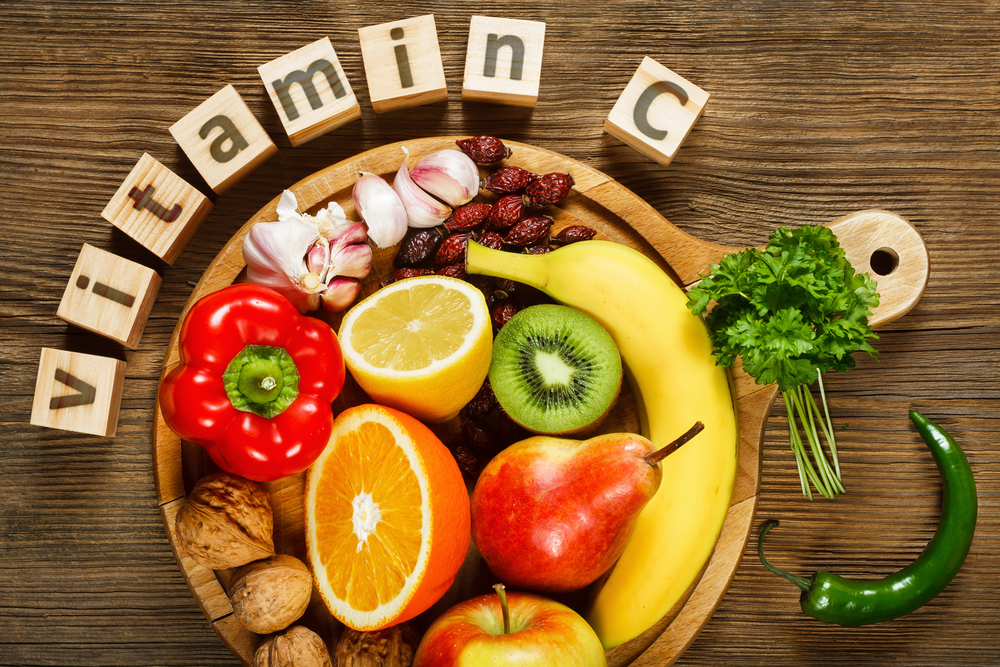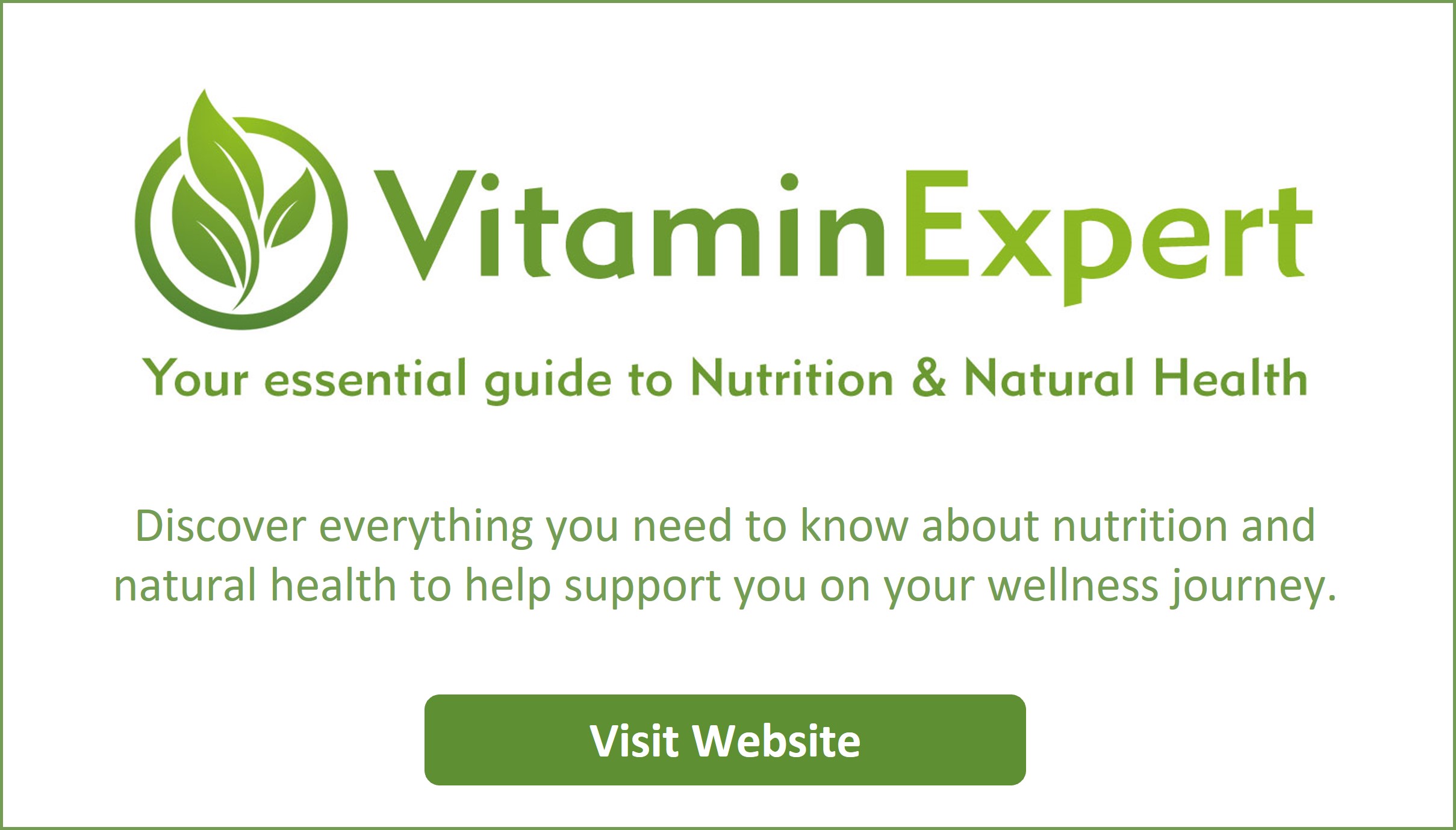
It’s National Walking Month which is a great excuse to spend more time outdoors. Walking is one of the best forms of exercises for both mind and body. And if you want to get the most out of your walking, then having the right nutrition will really support your outdoor adventures.
Clinical Nutritionist Suzie Sawyer shares her top five nutrients to help you get the most out of your walks.

B-vitamins for energy

The family of eight B-vitamins all work individually in the body but work together when it comes to energy production. Essentially, they extract the energy from the food we eat. Whilst they all do slightly different things, B-vitamins primarily act as co-factors in the hundreds of enzyme reactions going on throughout the body.

For example, biotin, one of the family members, is primarily made in the gut, which is impaired if digestive function is not as good as it could be. One of its main jobs is the utilisation of fats (which we use for energy) and the metabolism of sugar, which is broken down into glucose (the body’s main source of energy).
The good news is that biotin can also be found in soy produce, mushrooms, nuts, organ meats, eggs, and whole wheat. However, it’s as important to be mindful of how well everything is running for you, on the inside too.
Calcium and Vitamin D for joints, muscles, and bones

These two amazing nutrients are literally joined at the hip! They are both essential for the health of the entire musculoskeletal system, which of course is very important for walking.
Calcium is the most abundant mineral in the body, with our bones containing 99% of the body’s calcium. However, calcium can’t get into the bones without vitamin D, hence their very close relationship.

Whilst calcium is rich in dairy and soy produce, green leafy vegetables and nuts and seeds, vitamin D is not found in sufficient amounts in foods. Indeed, vitamin D is primarily made on the skin when the sun comes out. Whilst you might be hoping for some sunshine on your walks, most of us generally need a daily supplement of at least 10ug. At this time of year, any deficiency of vitamin D is often most noticeable because we’re just coming out of the dull winter months.
Vitamin C for immune support

It’s no fun going for a walk (especially a longer one) if you’re feeling below par. That’s where vitamin C really has your back! It’s one of our main immuno-protective vitamins so it’s worth making sure you’re having plenty in the diet.

Thankfully, vitamin C is very widely available in most fruits and vegetables so just keep your plates super-colourful at each meal. Red peppers, strawberries, kiwi fruits, broccoli, potatoes, and Brussels sprouts are loaded with vitamin C. However, it’s worth noting that vitamin C is also easily destroyed during cooking, storage, and preparation, so eat a rainbow everyday to make sure you are getting enough.
Vitamin E for antioxidant protection

Antioxidant foods help protect the body from all that life throws at it. Sunlight, pollution, stress, poor diet, trans fats and more, create free radicals within the body which need to be controlled by antioxidants. The body has its own protective antioxidant systems and certain nutrients are very helpful in this way too.

One of our most powerful antioxidant nutrients is vitamin E, which also works with vitamin C, in looking after everything on the outside and inside too. Importantly, antioxidants support the ageing process and vitamin E is great for the skin too.
Avocados are a good source of vitamin E, as are vegetable oils, whole grains, nuts, seeds, and leafy greens.
With the right nutrition, your body will support you every step of the way.
FOR MORE GREAT NUTRITION AND LIFESTYLE ADVICE:
Sign up to receive our blog and get a weekly dose of the latest nutrition, health and wellness advice direct to your inbox.
For everything you need to know about vitamins, minerals and herbs visit our sister site Vitamin Expert – your essential guide to nutrition and natural health.
Follow us on Instagram @feelaliveuk for nutrition, lifestyle and well-being tips.
Visit us at www.feelaliveuk.com for the latest offers and exclusive Alive! content.
Follow and Chat with Suzie on Twitter @nutritionsuzie
All images: Shutterstock

